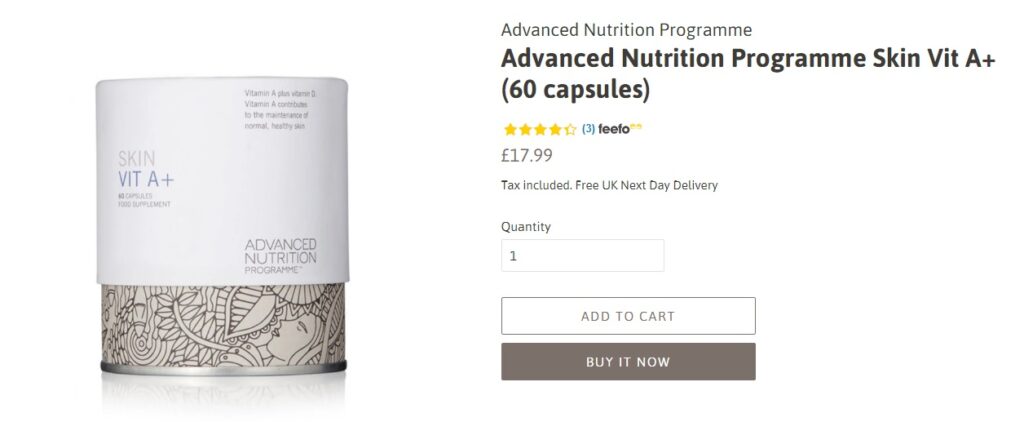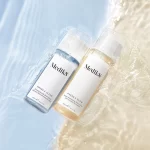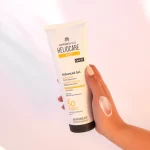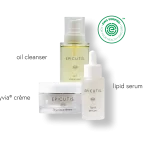Vitamin A has a myriad of potent benefits when it comes to sun protection.
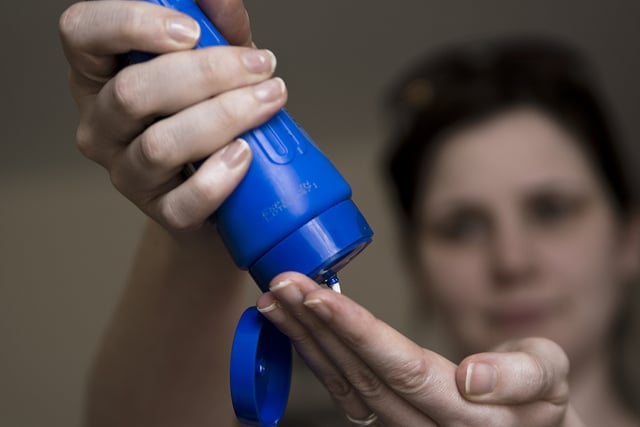
Firstly, vitamin A’s functions regulating, maintaining and repairing the skin are vital in offsetting UV damage.
“Vitamin A in cells supports healthy ageing. So just by its regular activity it reduces the symptoms of ageing in the skin”
states Dr Gaby.
Alongside this, retinyl palmitate – the storage form of vitamin A – has photoprotective properties. Dr Gaby explains that retinyl palmitate is a “chromophore”, meaning it absorbs photons of UV light before they penetrate deeper into skin. Dr Gaby notes that protection varies from person to person, depending on the amount of vitamin A already present. If a client has low levels of vitamin A, any vitamin A taken orally or added topically will be quickly converted into the active form (retinoic acid) to perform its functions in the skin. It is only when there is sufficient vitamin A supplied to the skin that additional vitamin A is stored as retinyl palmitate – where it provides its photoprotective effect.”
Additionally, once retinyl palmitate has performed its photon absorbing function it is deactivated and no longer performs other functions. One molecule cannot both protect and repair.
Maintaining optimum levels of vitamin A in the skin is, therefore, vital to ensure clients benefit from retinyl palmitate’s photoprotective properties while retaining vitamin A’s powerful skin health functions. The body’s stores of vitamin A should be replenished both orally and topically every day, and the younger this replenishment begins, the greater the chance of reducing effects of skin ageing.
Check out some options from the Advance Nutrition Programme for Vitamin A:
Advanced Nutrition Vitamin A 60
Advanced Nutrition Vitamin A 120
